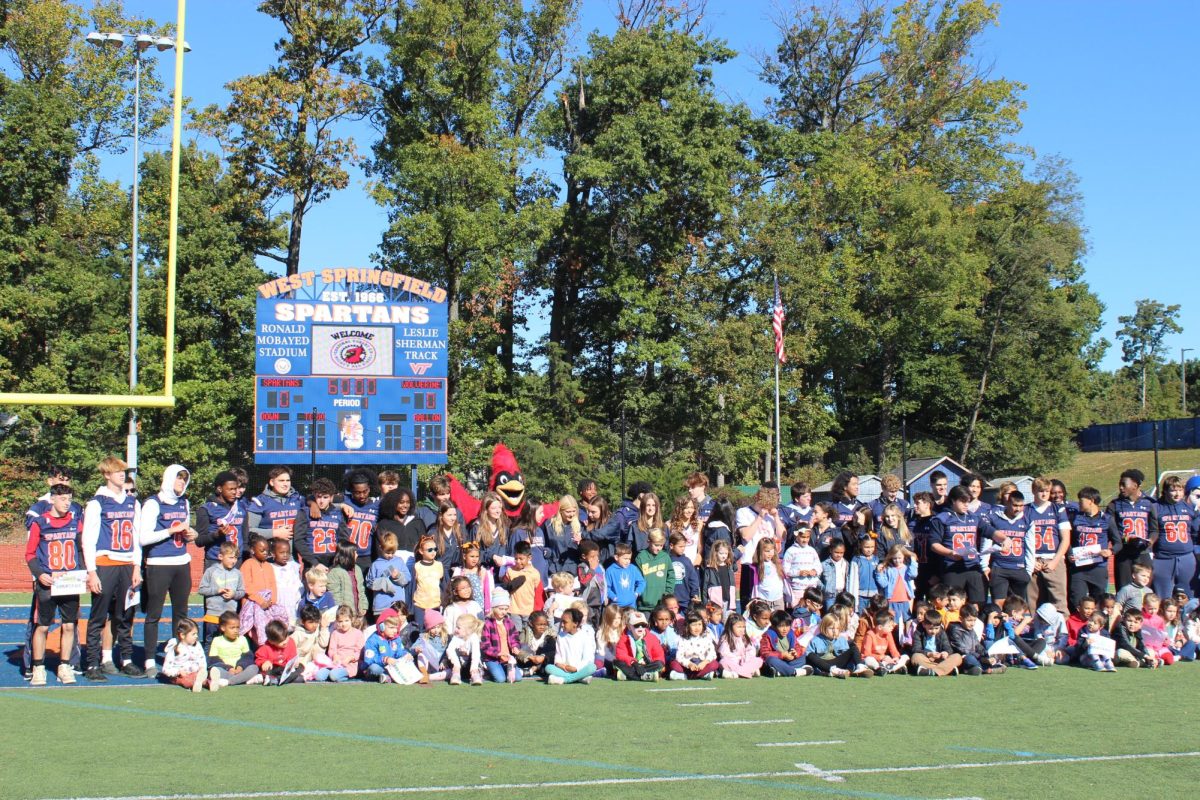“We, the community of West Springfield High School, will do our PART to conduct ourselves honestly in the pursuit of education,” says the WS Honor Code, but do we fulfill its promise?
Despite the Honor Code, despite the PART program, despite the high percentage of college-bound students, cheating continues to take place at WS. Last month, the AP Literature teachers realized this when they discovered that a cheat sheet had been leaked, and used, for a practice AP test.
“I was very disappointed,” said English department chair Jennifer Beach. “I hate to be in a position where I can’t trust my students.”
The test in question was an old AP test, used as one of many practice tests students take over the course of the year. Although it did count as a grade, the teachers’ main purpose in giving the test is to teach the students different strategies and techniques for the AP Literature test in May.
However, someone who took the test on a Blue Day shared the questions with someone who had not yet taken it, who then, Beach surmised, found the answers online and created a cheat sheet. The amount of people who used the cheat sheet is confidential, but there were several reports of cheat sheets, as well as obvious anomalies in the scores.
The cheating incident was surprising not only because these were senior AP students, but also because by not taking the test honestly, they were only cheating themselves on further practice for a test that would gain them college credit.
“They are more worried about the grade than learning,” said Beach.
According to a Rutgers University study, 95 percent of high school students will cheat during their educational career, and 64 percent are willing to cheat on serious tests. WS has not evaded this trend: according to a poll taken of 50 WS students, only 10 percent would never cheat; and 45 percent would willingly cheat on tests.
Astronomy teacher William Hincher, who allows his students to take the chapter tests at home, suggests that the root of the problem is that students are not making the material the priority. Since Astronomy is an elective science, he hopes that students take it because of their interest, instead of being forced into the class, so learning would take precedence over the grade.
“I believe that all students are honest and all students want to be here,” said Hincher.
In the end, following the Honor Code is a personal decision, whether it be taken by an Astronomy student or an AP student. Some choose to fake their way through four years merely for a paper diploma, while others appreciate learning, not as a tool to get ahead, but something to be valued in itself.
“Taking AP classes is a choice people make, because they want the challenge and they want to learn,” said Beach. “If they don’t want the challenge, then they shouldn’t take the class.”






